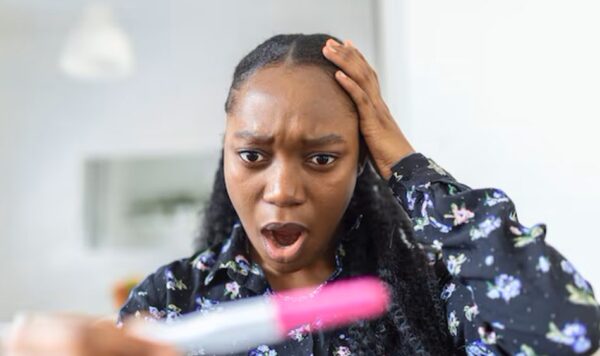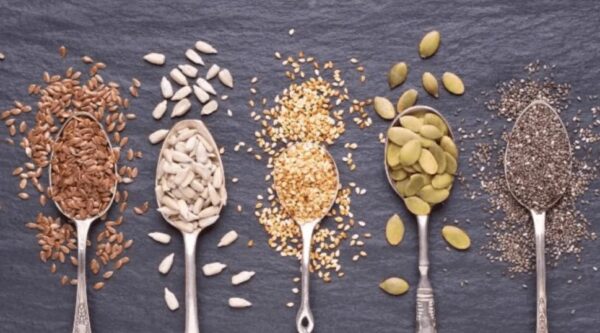Lifestyle
Here’s the best age to get pregnant if you have PCOS

PCOS is a big lifestyle risk which impacts most women, and causes a lot of implications on one’s reproductive health and fertility, since it presumably strikes women of child-bearing age.
Not only can suffering from PCOS cause irregular periods, hormonal disruptions and impact health.
Women who suffer from the condition can also face a tough time conceiving, or in extreme cases, cause several fertility issues as well.
In fact, a lot of research has shown that with bleak awareness about the condition, a lot of women do not realize that they have PCOS, until and unless they face difficulties while trying to conceive.
Why does PCOS impact fertility and lower odds of natural conception?
While PCOS is primarily a hormonal disorder, it can lead to the creation of cysts in the reproductive ducts. With polycystic ovaries, there’s an increase in the production of male sex hormones, androgen, which can further prevent the release of eggs from the ovaries. When you do not ovulate, it can be difficult to get pregnant. The hormonal imbalance can also lead to an increased egg count, and a slower rate of follicle breakdown than the generalized estimates.
Women with PCOS, and suffering from problems like obesity can also face a longer time than usual in conceiving, or require help. Some studies have also found that uncontrolled PCOS can also pose problems for a woman’s heath post conception, and lead to problems like preeclampsia, pregnancy-induced hypertension and gestational diabetes.
The best time to get pregnant for women with PCOS
PCOS can be a big precursor for facing infertility and related problems while one is trying to have a baby, for women with PCOS, it’s not completely or naturally impossible to conceive. Experts also suggest that while the best way to tackle infertility issues remains in timely diagnosis and care, problems with undiagnosed, or unmanageable PCOS get more cumbersome if a woman is over the age of 30, i.e. gets post the age when fertility levels start to decline.
Fertility levels start to wane after the age of 32, and a steeper decline is recorded post the age of 37. Therefore, for women with PCOS who struggle to get pregnant naturally, doctors suggest that the best way is to try often. The highest odds of natural conception for women with PCOS remain before the age of 35, provided if ovulation happens frequently and there are no preconditions the other partner suffers from.
If primary parameters remain well in check, conception can happen within a year’s time. However, if a couple continues to face problems, consulting with doctors can guide them on the right path. Women above the age of 35, who suffer from PCOS may require help from fertility treatments.
To increase chances of conception with a chronic health condition like PCOS, doctors now also recommend that couples planning to get pregnant should go for essential preconception talks to discuss possible scenarios and know what to expect, and how long it could actually take them.
What to do to increase chances of conception, if you have PCOS
With PCOS, it can be a long and sometimes daunting road to get pregnant. While the best way to increase one’s odds of getting pregnant remain in fighting PCOS from the root and solving the problem holistically, While some women may require artificial help (IVF or IUI), certain workarounds and tips can help a woman get pregnant on her own such as:
-Reducing weight
-Following a good diet and lifestyle
-Exercising regularly
-Limiting exposure to toxins and chemicals
-Having more frequent sex (five days leading upto ovulation)
-Monitoring ovulation times (if you have scarce periods) and timing sexual intercourse accordingly
-Seeking help from fertility medications (only if advised by a doctor)
Signs of pregnancy to look for when you have PCOS
With PCOS, the number one visible symptom could be irregular or scanty periods, which can make it even harder for a woman to spot signs of pregnancy (since no periods could be taken as a symptom of PCOS only). If you have been trying to conceive, tracking your fertile window, ovulation days can also be difficult. In such a scenario, when you suspect pregnancy, here are some early conception signs which can help differentiate between PCOS and pregnancy symptoms:
-Increased fatigue
-Soreness in the boobs
-Headaches










